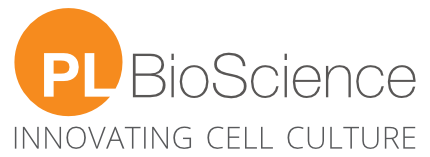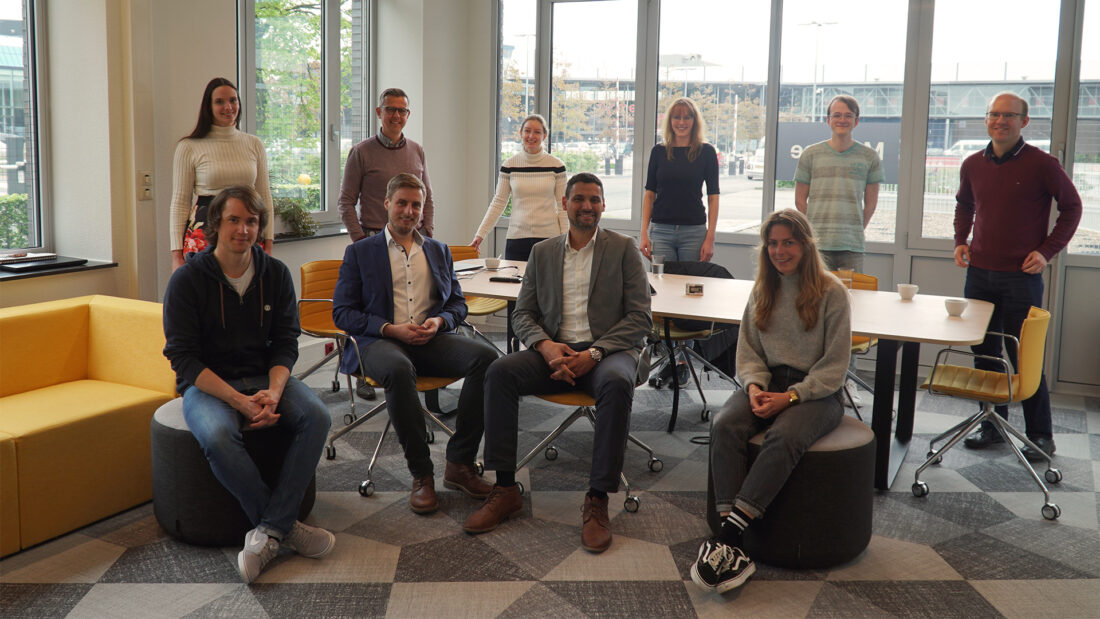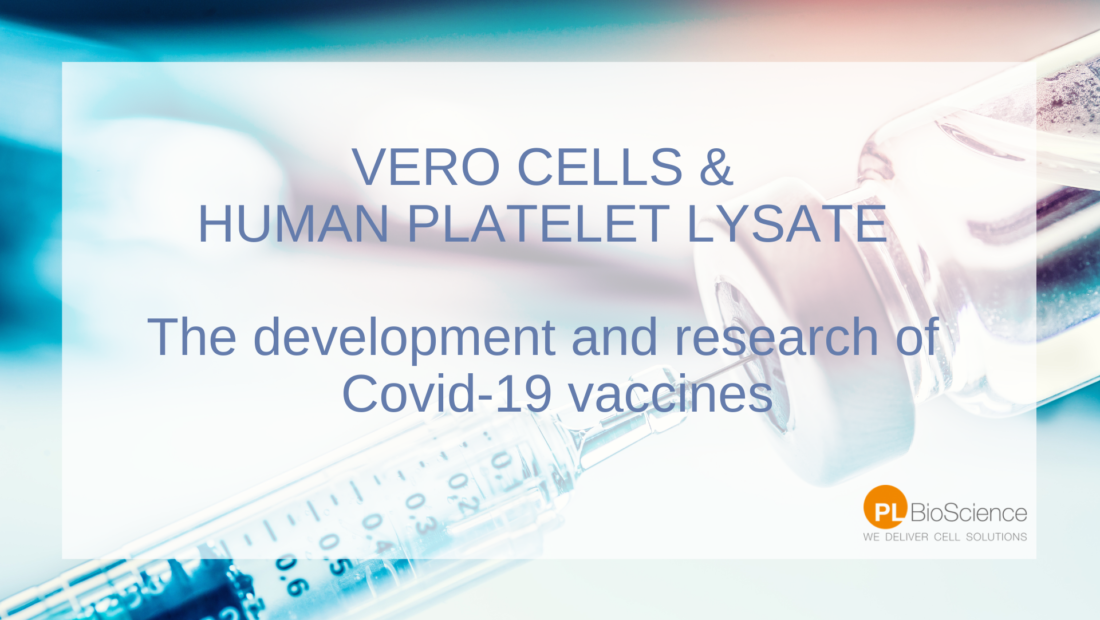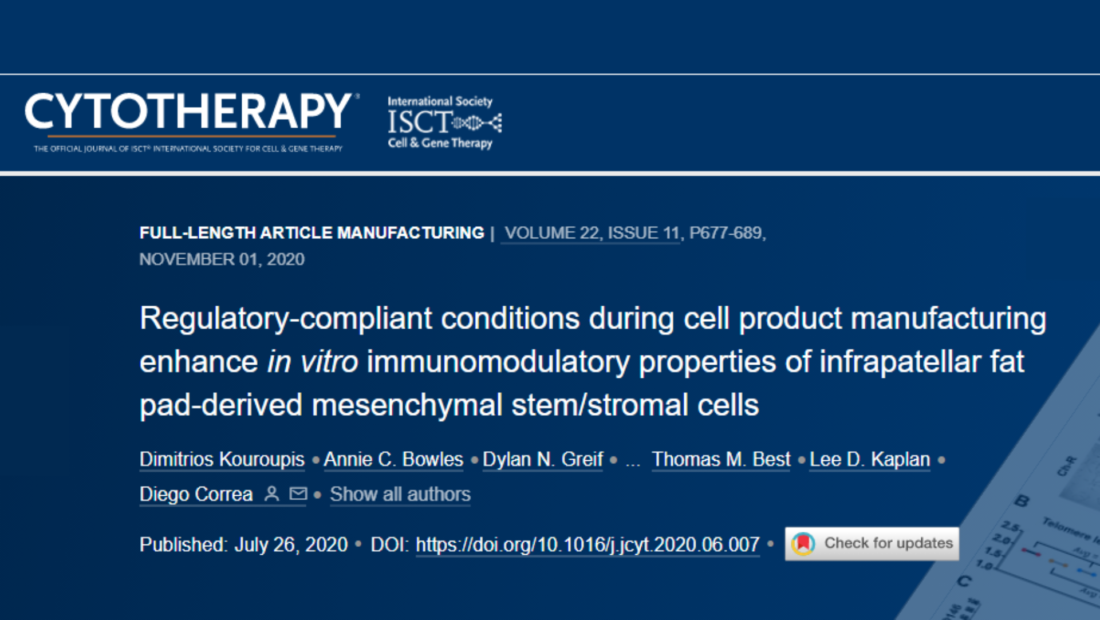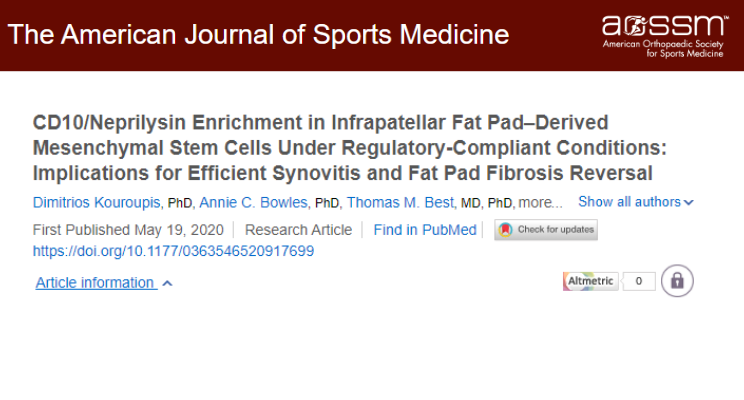
Enhanced performance of IFP-MSCs with our hPL
The study performed with human Platelet Lysate (hPL) at the University of Miami showed an enhanced performance of manufactured IFP – MSCs under regulatory compliant conditions.
The aim of the study was to proof the hypothesis: IFP-MSCs manufactured under these conditions do not need “ex-vivo priming to acquire a CD10-rich phenotype efficiently degrading SP and reversing synovitis and IFP fibrosis.”
IFP: Infrapatellar Fat Pad, this pad in the knee plays a role in modulating inflammatory responses
“hPL […] can effectively replace FBS to induce specific therapeutic attributes in IFP-MSCs”
The tests of processing human IFP-MSCs were performed with FBS, our human platelet lysate (hPL) ELAREM™ Perform (former named PL Solution) and chemically reinforced medium (Ch-R).
The results showed that in comparison to FBS, hPL and Ch-R enhanced the cell performance. IFP-MSCs manufactured with hPL showed enhanced:
- proliferation
- differentiation
- immunomodulatory profiles
- transcriptionalprofiles
- secretory profiles
SP degradation is more efficient with hPL
Why the SP degradation is a fundamental point in the research:
SP is a Substance which is a neurotransmitter. This neurotransmitter is secreted within structures associated with inflammations.
Why these results are important and relevant for the clinic
The manufacturing of IFP-MSCs under these conditions has an influence on the design of clinical protocols. This might lead to reviewed treating conditions involving synovitis and IFP fibrosis.
- accelerated time from preclinic to clinical phases
- higher efficacy at lower MSC numbers than currently needed
- avoidance of cell priming for efficient results
“CD10/Neprilysin Enrichment in Infrapatellar Fat Pad–Derived Mesenchymal Stem Cells Under Regulatory-Compliant Conditions: Implications for Efficient Synovitis and Fat Pad Fibrosis Reversal” ( American Journal of Sports Medicine, May 2020)
You find the Study here
More Publications about hPL on our Website
